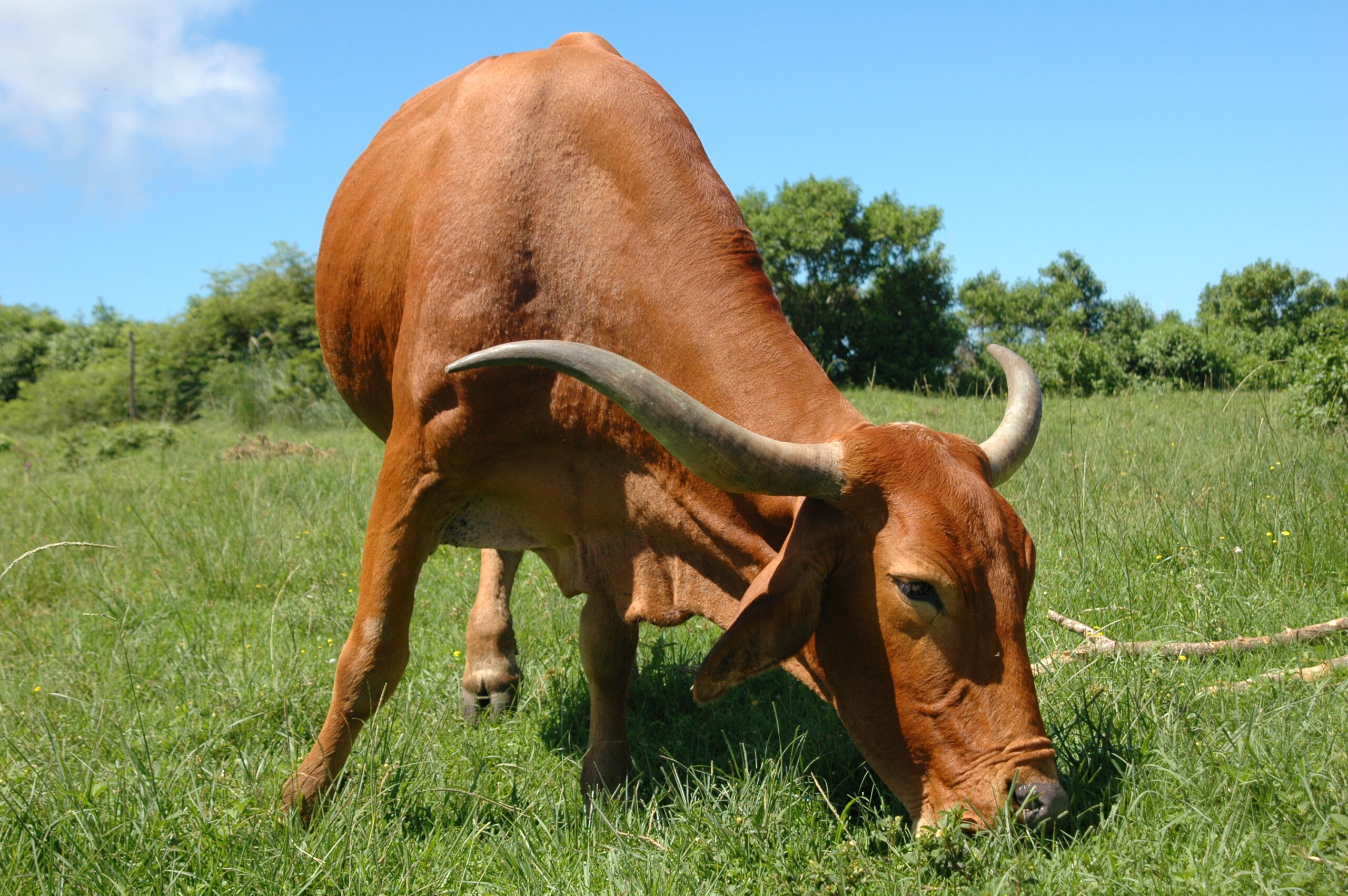
Niger has imposed a temporary ban on livestock exports in a bid to stabilise domestic prices ahead of the Muslim festival Eid al-Adha.
The decision, announced by the commerce ministry, comes as the nation prepares for mass animal sacrifices in early June, a central ritual for the country’s Muslim majority.
Over 90 percent of Niger’s population observe Eid al-Adha, with hundreds of thousands of sheep traditionally slaughtered as part of the religious observance.
Commerce Minister Abdoulaye Seydou said the export ban on cattle, sheep, goats, and camels aims to ensure a steady supply within the local market.
He added that security forces have been instructed to strictly enforce the measure, with violators facing firm consequences.
Livestock smuggling and theft have surged in recent years, driven by armed jihadist groups operating across Niger and the wider Sahel region.
These groups, including Boko Haram, often fund their operations by stealing animals, reselling them locally, or smuggling them into neighbouring countries.
The insecurity has forced many herders to abandon their villages, leading to market disruptions and sharp increases in animal prices.
Niger is one of West Africa’s leading livestock exporters, with significant trade links to Nigeria and Ivory Coast.
Authorities have resorted to similar export bans in past years as a way to prevent festive demand from triggering unaffordable price hikes.
This year, amid ongoing regional instability, the government is prioritising national supply and consumer protection over cross-border trade.
The move highlights how security and economic concerns increasingly intertwine in Niger’s fragile pastoral economy.
